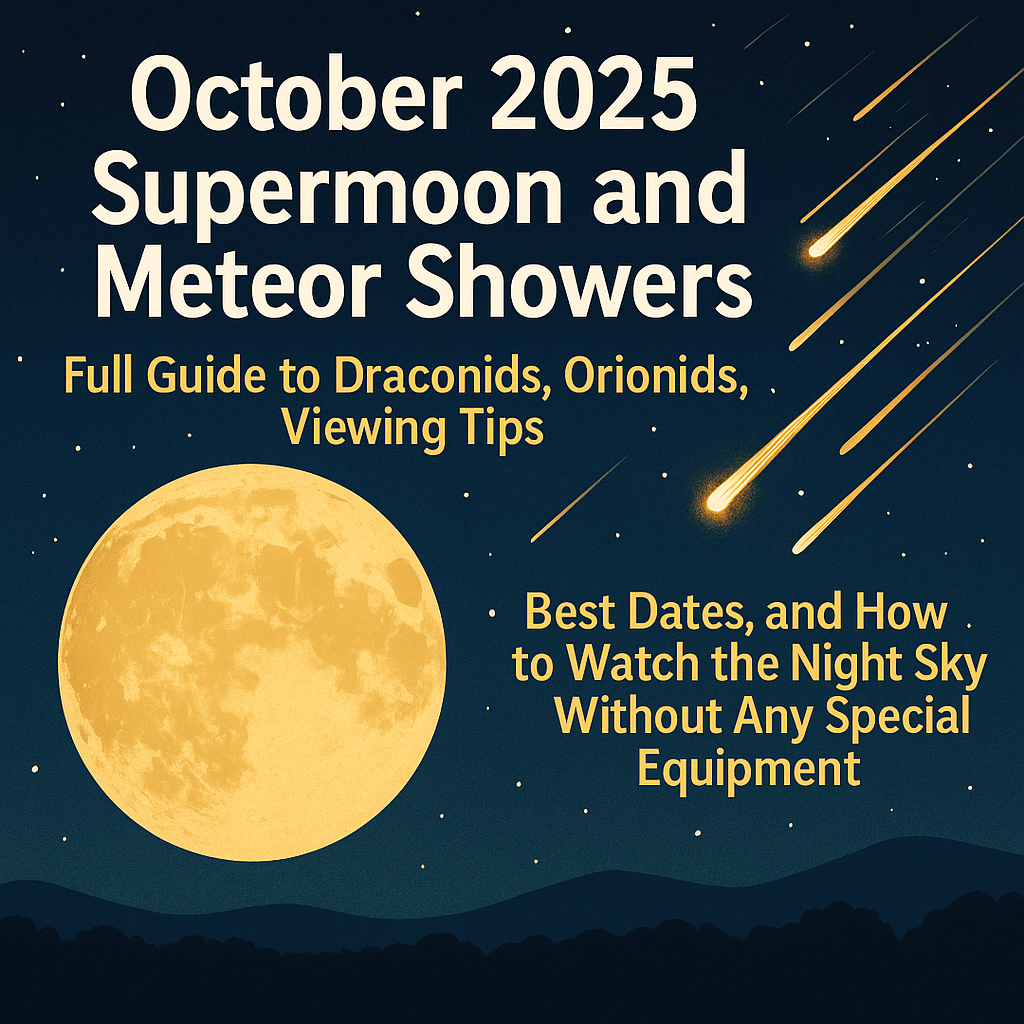Can AI Write Scientific Assessment Articles?

Scientific literature evaluations are a vital a part of advancing fields of research: They supply a present state of the union by way of complete evaluation of present analysis, and so they establish gaps in information the place future research would possibly focus. Writing a well-done assessment article is a many-splendored factor, nevertheless.
Researchers usually comb by way of reams of scholarly works. They have to choose research that aren’t outdated, but keep away from recency bias. Then comes the intensive work of assessing research’ high quality, extracting related knowledge from works that make the lower, analyzing knowledge to glean insights, and writing a cogent narrative that sums up the previous whereas seeking to the longer term. Analysis synthesis is a discipline of research unto itself, and even glorious scientists could not write glorious literature evaluations.
Enter synthetic intelligence. As in so many industries, a crop of startups has emerged to leverage AI to hurry, simplify, and revolutionize the scientific literature assessment course of. Many of those startups place themselves as AI search engines like google centered on scholarly analysis—every with differentiating product options and goal audiences.
Elicit invitations searchers to “analyze analysis papers at superhuman pace” and highlights its use by skilled researchers at establishments like Google, NASA, and The World Financial institution. Scite says it has constructed the most important quotation database by frequently monitoring 200 million scholarly sources, and it gives “good citations” that categorize takeaways into supporting or contrasting proof. Consensus incorporates a homepage demo that appears aimed toward serving to laypeople achieve a extra strong understanding of a given query, explaining the product as “Google Scholar meets ChatGPT” and providing a consensus meter that sums up main takeaways. These are however a number of of many.
However can AI change high-quality, systematic scientific literature assessment?
Specialists on analysis synthesis are likely to agree these AI fashions are at present great-to-excellent at performing qualitative analyses—in different phrases, making a narrative abstract of scientific literature. The place they’re not so good is the extra advanced quantitative layer that makes a assessment really systematic. This quantitative synthesis usually entails statistical strategies equivalent to meta-analysis, which analyzes numerical knowledge throughout a number of research to attract extra strong conclusions.
“AI fashions might be nearly 100% nearly as good as people at summarizing the important thing factors and writing a fluid argument,” says Joshua Polanin, co-founder of the Strategies of Synthesis and Integration Middle (MOSAIC) on the American Institutes for Analysis. “However we’re not even 20 p.c of the best way there on quantitative synthesis,” he says. “Actual meta-analysis follows a strict course of in the way you seek for research and quantify outcomes. These numbers are the idea for evidence-based conclusions. AI isn’t near with the ability to try this.”
The Bother with Quantification
The quantification course of might be difficult even for educated consultants, Polanin explains. Each people and AI can usually learn a research and summarize the takeaway: Research A discovered an impact, or Research B didn’t discover an impact. The difficult half is putting a quantity worth on the extent of the impact. What’s extra, there are sometimes alternative ways to measure results, and researchers should establish research and measurement designs that align with the premise of their analysis query.
Polanin says fashions should first establish and extract the related knowledge, after which they have to make nuanced calls on evaluate and analyze it. “Whilst human consultants, though we attempt to make choices forward of time, you would possibly find yourself having to vary your thoughts on the fly,” he says. “That isn’t one thing a pc will probably be good at.”
Given the hubris that’s discovered round AI and inside startup tradition, one would possibly anticipate the businesses constructing these AI fashions to protest Polanin’s evaluation. However you received’t get an argument from Eric Olson, co-founder of Consensus: “I couldn’t agree extra, actually,” he says.
To Polanin’s level, Consensus is deliberately “higher-level than another instruments, giving folks a foundational information for fast insights,” Olson provides. He sees the quintessential consumer as a grad scholar: somebody with an intermediate information base who’s engaged on changing into an skilled. Consensus might be one software of many for a real material skilled, or it might assist a non-scientist keep knowledgeable—like a Consensus consumer in Europe who stays abreast of the analysis about his little one’s uncommon genetic dysfunction. “He had spent lots of of hours on Google Scholar as a non-researcher. He informed us he’d been dreaming of one thing like this for 10 years, and it modified his life—now he makes use of it each single day,” Olson says.
Over at Elicit, the workforce targets a distinct sort of ideally suited buyer: “Somebody working in trade in an R&D context, possibly inside a biomedical firm, attempting to resolve whether or not to maneuver ahead with the event of a brand new medical intervention,” says James Brady, head of engineering.
With that high-stakes consumer in thoughts, Elicit clearly reveals customers claims of causality and the proof that helps them. The software breaks down the advanced activity of literature assessment into manageable items {that a} human can perceive, and it additionally supplies extra transparency than your common chatbot: Researchers can see how the AI mannequin arrived at a solution and might verify it in opposition to the supply.
The Way forward for Scientific Assessment Instruments
Brady agrees that present AI fashions aren’t offering full Cochrane-style systematic evaluations—however he says this isn’t a basic technical limitation. Somewhat, it’s a query of future advances in AI and higher immediate engineering. “I don’t assume there’s one thing our brains can try this a pc can’t, in precept,” Brady says. “And that goes for the systematic assessment course of too.”
Roman Lukyanenko, a College of Virginia professor who makes a speciality of analysis strategies, agrees {that a} main future focus must be creating methods to assist the preliminary immediate course of to glean higher solutions. He additionally notes that present fashions are likely to prioritize journal articles which are freely accessible, but loads of high-quality analysis exists behind paywalls. Nonetheless, he’s bullish in regards to the future.
“I imagine AI is great—revolutionary on so many ranges—for this area,” says Lukyanenko, who with Gerit Wagner and Man Paré co-authored a pre-ChatGPT 2022 research about AI and literature assessment that went viral. “We now have an avalanche of knowledge, however our human biology limits what we are able to do with it. These instruments characterize nice potential.”
Progress in science usually comes from an interdisciplinary method, he says, and that is the place AI’s potential could also be best. “We now have the time period ‘Renaissance man,’ and I like to consider ‘Renaissance AI’: one thing that has entry to an enormous chunk of our information and might make connections,” Lukyanenko says. “We must always push it onerous to make serendipitous, unanticipated, distal discoveries between fields.”
From Your Web site Articles
Associated Articles Across the Internet
[ad_2]




Post Comment